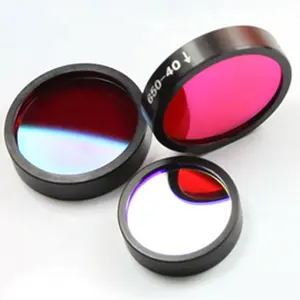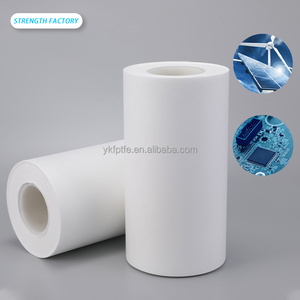Understanding 220nm UV Filters
UV filters, specifically those designed to operate at 220 nanometers (nm), are critical components in various optical applications. The 220nm UV filter falls into a category of ultraviolet filters that are adept at blocking or transmitting ultraviolet light at the 220nm wavelength. These filters are integral in scientific, medical, and industrial domains where precise light filtration is paramount.
Types and Applications
There are several types of UV filters, each tailored for specific uses. The ultraviolet bandpass filter is one such type, designed to isolate a particular band of the UV spectrum, allowing wavelengths around 220nm to pass while blocking others. These filters are commonly used in forensic analysis, water purification, and certain photographic processes. Another type is the UV blocking filter, which is used to prevent UV light from reaching sensitive equipment or materials, thus protecting them from potential damage.
Features and Materials
The 220nm UV filter is characterized by its optical density and the materials used for its construction. Materials such as fused silica and special dyes are selected for their ability to withstand high-intensity UV light without degrading. The physical features of these filters, including their thickness and the quality of their coatings, are meticulously engineered to ensure they meet the specific transmission or absorption requirements.
Advantages of Using 220nm UV Filters
Utilizing a 220nm UV filter comes with a host of advantages. For instance, in microscopy, these filters enhance contrast and detail by selectively transmitting UV light to illuminate samples. In stage lighting, they contribute to creating atmospheric effects by controlling the UV light exposure. The versatility of these filters is further demonstrated in their use for infrared applications, where they serve to selectively block or pass infrared light.
Selecting the Right Filter
Choosing the correct optical filter is crucial for any application. Factors to consider include the filter's wavelength specificity, optical density, and material compatibility with the intended use. For those in need of a custom solution, the availability of custom optical filters allows for precise tailoring to unique requirements. When selecting a 220nm UV filter, it is essential to consider the specific needs of your application to ensure optimal performance.
Conclusion
In conclusion, the 220nm UV filter is a specialized tool that serves a critical role in various professional fields. Its ability to precisely control UV light makes it indispensable in applications ranging from scientific research to entertainment. When sourcing these filters through Alibaba.com, buyers have access to a diverse selection, ensuring they can find the right filter for their specific needs without the constraints of brand or price promotions.






























 浙公网安备 33010002000092号
浙公网安备 33010002000092号 浙B2-20120091-4
浙B2-20120091-4